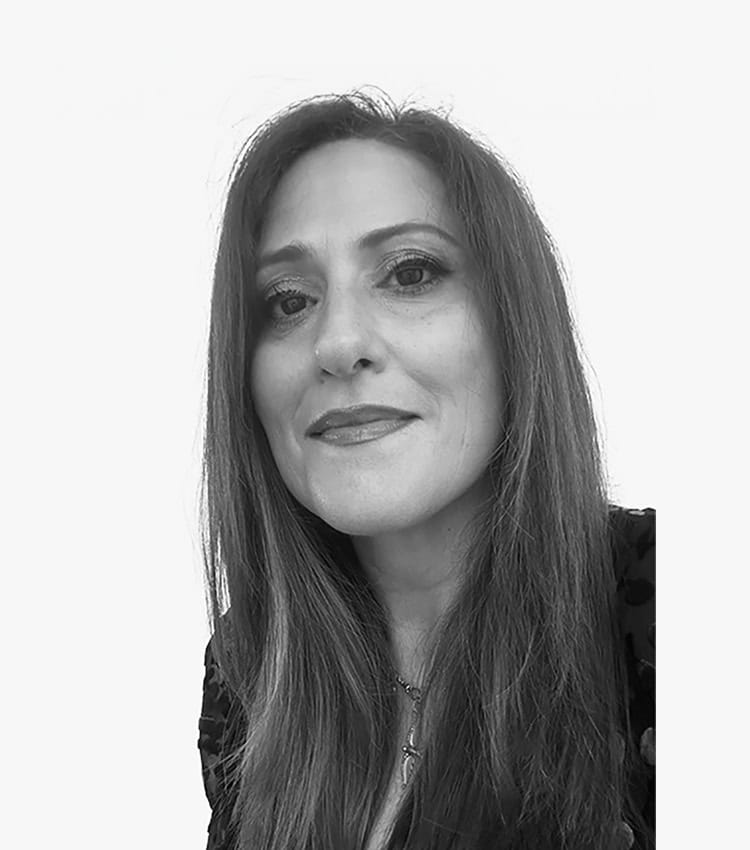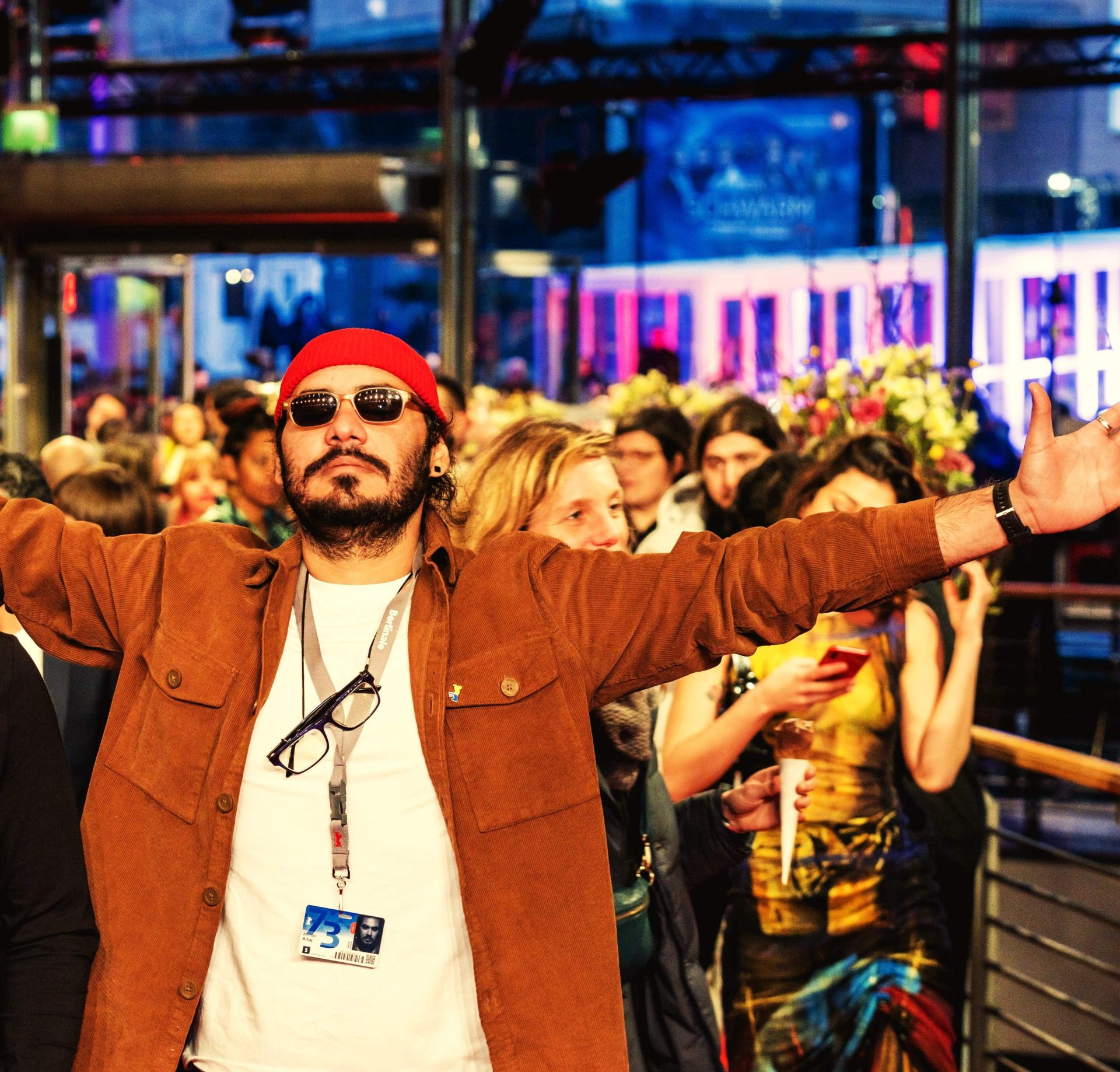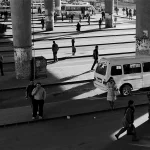Noticing the lack of film distribution support for Syrian film, Ahmad ALHAJ took matters in his own hands. With his initiative Wind Cinema, he’s helping to put Syrian film on the world’s map.
Tell us a little bit about where you’re from.
I was born in 1990 in a town called Al-Hasakah in northeast Syria, nearby the borders of Iraq and Turkey. Historically it was part of Mesopotamia, between the two rivers—known as the cradle of civilisation. It’s very rich culturally, with an ethnically diverse population. Besides Arabs, it’s also home to Kurds, Assyrians, Armenians, Chaldeans, Yazidis, Turks, and even Chechens. This mixture of cultures and religions deeply impacted my upbringing and made me open minded. In 2008, I moved to Damascus for eight years, where I completed my higher education.
So, leaving Al-Hasakah came naturally?
Maybe coming from this region of Syria, we’re nomads by nature. There’s no one from Al-Hasakah who doesn’t have relatives overseas—this has been the case long before the Syrian War. In my case, I was also heavily influenced by European cinema. Through Nilesat I had access to TV5 (TV5Monde) where I could see French movies by Ettore Scola, Francois Truffaut, Krzysztof Kieślowski, and other European filmmakers. Hors Champ (off-screen) cinema became my window—or as I like to say, my ‘wind-eye’ to another world that I wanted to be a part of since my youth.
Watching European cinema must have significantly impacted you.
Definitely. I was drawn to it, and it opened a new world for me. For example, I saw Claude Lelouch’s Un Homme Et Une Femme when I was 10 years old. In the film, Jean-Louis Trintignant plays a car racer who just wins a race. His new lover, played by Anouk Aimée, contacts the hotel and leaves him a message: “Bravo, I love you”. When he gets this telegram, he rushes into his race car and drives through the night from Monte Carlo to Paris, and finally to Deauville to reach Aimée. It’s filmed in such an amazing way—showing him racing, passing through the coast, the countryside and the city to reach her. It’s wildly romantic and crazy—like nothing I had seen before in Al-Hasakah! This film taught me how to love and how to follow my dreams. I became hooked on this channel, and for eight years I watched European films, mainly of the genres Italian neorealism, German expressionism and the French Nouvelle Vague on TV5. By the time I was 15, I was determined to leave Syria—to follow cinema, the music of Gypsy Kings, and in the footsteps of Amália Rodrigues’ Fados, Bossa Nova of Joao Gilberto and Fandango of Flamenco.
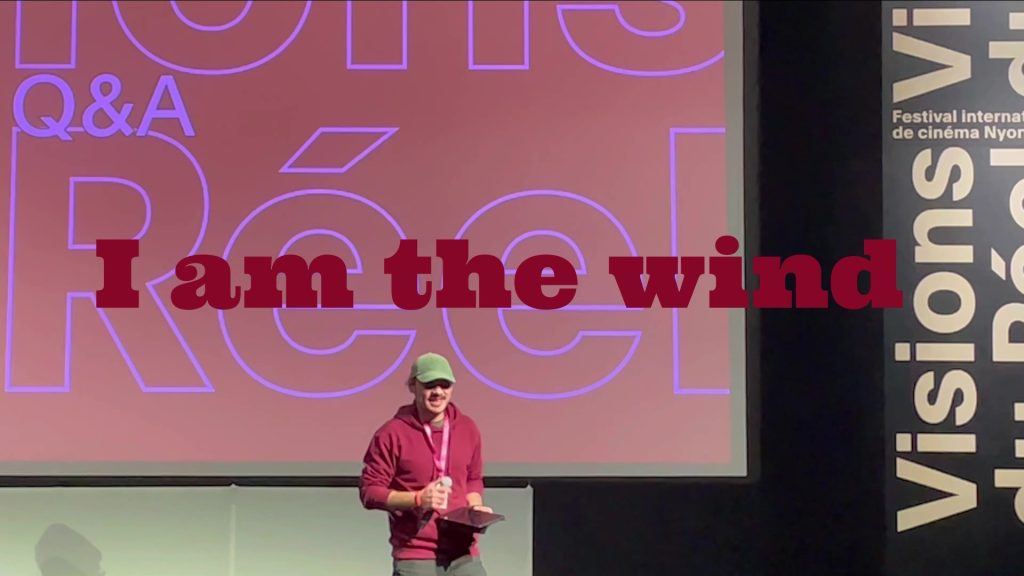
In 2014, before you left Syria, you made the short film It’s Only Three Nails: Saturn Devouring His Son, which kick-started your remarkable journey. Tell us about it.
I made the film in Damascus and sent it to film festivals—more than 100 festivals screened it. At the time I got an all-expenses-paid invitation trip to the Grenoble Film Festival to premiere it. In Syria, I curated a program in Cinema Al-Kindi to screen 20 films, including mine. While my film got coverage, one report was filed on it which reached the security services in Syria. Soon after, while I was absent, my house was broken into and fully searched. When I returned home, I couldn’t find my passport, which I needed to travel to Grenoble. When I went to apply for a new passport, I was told to go to the Intelligence Services. I was told there was a charge against me for some issue related to my film and some articles I had written as a journalist. I went through the process to clear my name and eventually the charge was dropped in 2015 as there was no evidence or proof for any wrongdoing. Unfortunately, this process took time, and I missed the opportunity at Grenoble. Soon after, I moved to Turkey and stayed for two years. While there, I applied for asylum at the French consulate in Istanbul. I was finally granted political asylum in France, where I have lived for six years now.
Tell us about Wind Cinema. Why did you start it?
Back when I created my film, there was no support available—so I did the casting, programming and distribution myself. When I was promoting my film, I discovered there was no distributor for Syrian films. So, I decided I wanted to take on that role, as difficult as it was. I started with my film to learn the ropes, and from 2015, I began to do it for others. I’ve supported Syrian filmmakers in all areas—whether it’s securing funding, casting, production, post production, distribution, and everything in between. In Turkey, I used to organise screenings of Syrian films every Thursday at Pages Bookstore, in addition to other collaborations to make Syrian films accessible to a wider audience. Once I came to France I registered my company as Wind Cinema. Today I have 100 Syrian films in my catalogue and people know me as a distributor, programmer and creative producer.
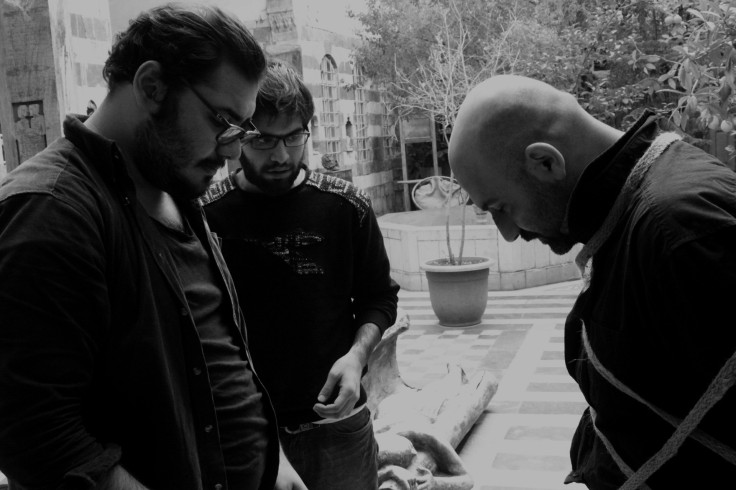
Tell us about your programme, Revolution of the Wind.
This is a thematic programme. It is a series of Syrian autobiographical and documentary films exploring migration, grief, memory, and history, following the political instability of the Arab Spring. It was recently screened in New York at ArteEast and the Institute of Arab and Islamic Art. We were in Copenhagen in September 2024 at the annual event, Syrian Documentary Days. I’m currently in talks to have the film featured in several countries, including France and other world cinema festivals. I’m frequently on the road promoting the films, joined by the filmmakers to be able to screen them at as many film festivals as possible. I try to curate these screenings so that they’re academic, informative and artistic.
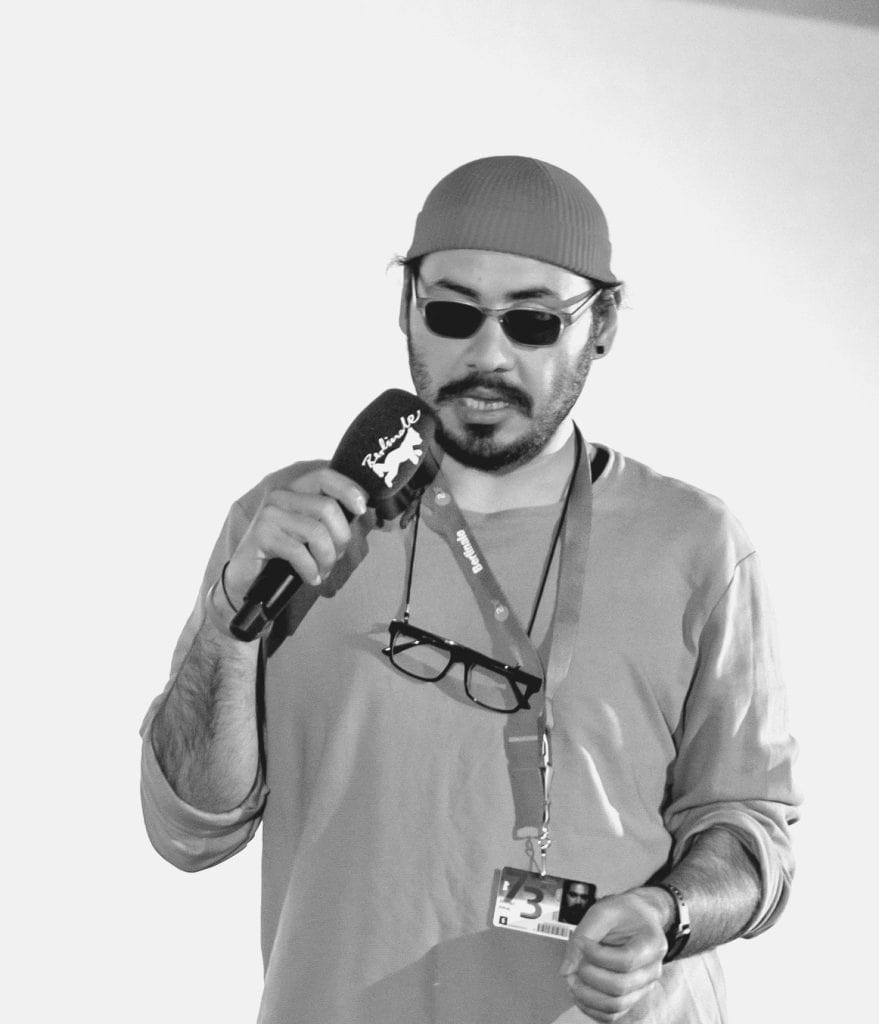
Tell us about Wind on Demand.
I’m trying to archive Syrian films, so that it’s accessible for Syrians all over the world cheaply via subscription. Currently, people cannot see them in Syria, and it can even be complicated to see them outside Syria—so I’m trying to get the rights for contemporary Syrian films at least so that they can be protected and find a safe archive. The older ones are within Syrian state ownership and are not accessible at this point, unfortunately. The Wind on Demand platform is also extended to other Arab films, not just Syrian.
What personal projects do you have coming up?
Currently, I’m working on an autobiography film and two books. 100kg of Sadness is the title of my autobiography book in French, which is now in the final draft phase and will be adapted to the screen. The second book will be based on my Wind Manifesto. This Manifesto sums up everything I’m doing and the reason behind it—it will be expanded in the book version. I’ll leave you with a small extract from it.
“Fractalisation of ‘I’, as a theory, focuses on the analysis of the relationship between man and his multiple ‘I’ selves; visible and invisible, tangible and intangible, homogeneous and inhomogeneous, etc. Cinema is an ideal place for the manifestations and conflicts of ‘I’; cinema as a ghost of truth, a fractal image of the multiplicity of reality and what is beyond.”
Discover Syrian film over on the Wind Cinema website. Follow Wind Cinema’s founder, filmmaker and distributor Ahmad ALHAJ on Instagram.
Interviewed by: Alia Fawaz
